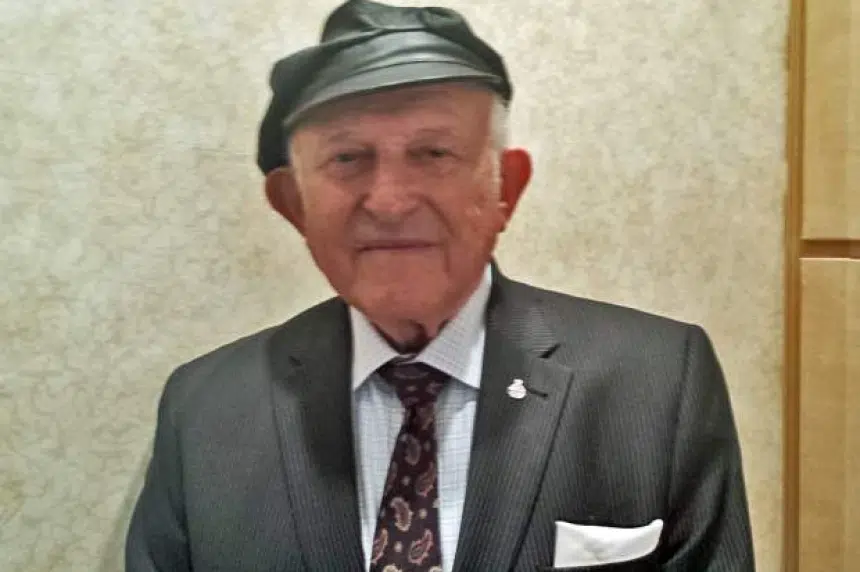Nate Leipciger was only 11 years old when he was thrust into a world of ghettos and concentration camps in October of 1939.
The shy Polish boy barely understood what was happening as his father’s haberdashery was shut down and the man was taken away to a labour camp for three months. He wondered why he, his mother and sister were shipped off to a Jewish ghetto.
“Life actually for me was fabulous because we didn’t go to school, could do whatever we wanted, there was no parental supervision because my father was away and my mother was busy making a living,” he said.
“In retrospect, that was just the beginning and this was nothing compared to what happened later. When you look back you can be flippant about it, but it was not of course.”
Beneath his new found freedom, life in the ghetto involved watching people be arrested, beaten and hanged for using the black market while others jumped from windows to avoid the Gestapo.
Life went on for three more years, but it became a greater struggle to make ends meet and find suitable work. Then came what Leipciger described the “death warrant to 11 million Jews in Europe.”
Over the next five years, Leipciger was carted between seven different concentration camps. Though he didn’t want to explain the specifics he says his father’s intervention is what saved him from the gas chamber when he was 15.
“I got as close to the gas chamber as you can get,” he said.
Emaciated and weak, Leipciger was finally freed by the Americans on May 2 at the end of the Second World War. He fought off typhus fever before beginning the road to recovery
“To stay alive was the only way to fight the Nazis. They wanted us dead.”
His sister and mother had died in the camps and he credits his close bond with his father as the reason he’s still alive. The pair then immigrated to Canada to start a new life in 1948.
This weekend, Leipciger, 88, shared his story at the annual Saskatoon Holocaust Memorial at the Agudas Israel Synagogue.
“(My experiences are) very difficult things to talk about in the world today where we thought we progressed, but then you find out we haven’t because there’s still people being murdered just for the fact that they belong to a different religion or that they are of a different race or even of a different sect of a religion.”
Leipciger said he has dedicated himself to showing others what hatred is capable of and how we must take threats to entire communities seriously.
He also stressed the need to teach a younger generation to not let anger guide their actions.
“Hatred leads to more hatred and murder, holocaust and genocide,” he said. “Hatred doesn’t destroy the person that you hate, but the person that does the hating. You become bitter and you can’t deal with reality.”
Leipciger said he bares no ill will towards today’s German people and hopes others will not blame younger generations for the faults of their ancestors.







